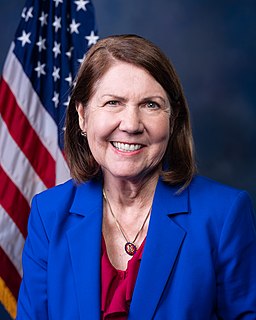A Quote by George W. Bush
Uganda's budget is 40 percent aid-dependent. Ghana's budget is 50 percent aid-dependent. Even if you cancel the debt, you don't eliminate that aid dependency. This is what I mean by getting to the fundamental root causes of the problem. Government, the state sectors in many African countries need to be slashed so that, you know, you put a greater deal of reliance on the private sector. The private sector is the engine of growth. Africa's economy needs to grow but they're not growing.
Quote Topics
Related Quotes
70 to 80 percent of country economy is controlled by the Bolivian state, and the other percentage by the private sector. We admit that it's legal, constitutional, that the private sector is entitled to its own economy, but to ensure these profound changes that clearly this government is promoting, including profound changes in the food industry, what we are doing is an important step.
I spent my whole life in the private sector, 25 years in the private sector. I understand that when government takes more money out of the hands of people, it makes it more difficult for them to buy things. If they can't buy things, the economy doesn't grow. If the economy doesn't grow, we don't put Americans to work.
What I am saying every day to Malawians is that time has come for us to move from aid to trade. We have picked several sectors that we think we can focus on immediately in order for us to grow our economy. So we have decided to diversify agriculture, we decided to develop our tourism sector, we have decided to develop our mining sector.
[T]he sprawl of government into every conceivable realm of life has caused the withering of traditional institutions. Fathers become unnecessary if the government provides Aid to Families with Dependent Children. Church charities lose their mission when the government provides food, shelter and income to the poor. And the non-poor no longer feel pressed to provide aid to those in need, be they aged parents or their unfortunate neighbors-"compassion" having become the province of the state.
All the alleged key causes of SOE [State-Owned Enterprise] inefficiency - the principal-agent problem, the free-rider problem and the soft budget constraint - are, while real, not unique to state-owned enterprises. Large private-sector firms with dispersed ownership also suffer from the principal-agent problem and the free-rider problem. So, in these two areas, forms of ownership do matter, but the critical divide is not between state and private ownership - it is between concentrated and dispersed ownerships.
































